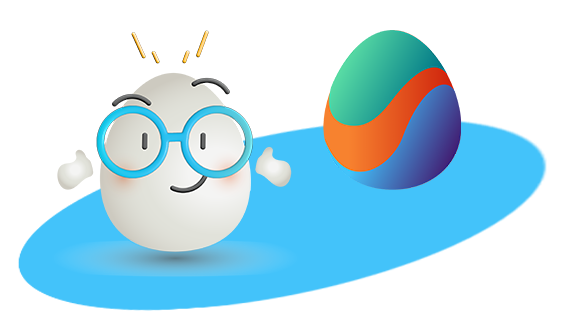Did you know more than one half of Americans are currently living paycheck to paycheck? Or that roughly half of US citizens have experienced unexpected financial setbacks? Maybe that’s a reality even you yourself experienced. Today we’re going to talk about savings in the hope we can help you be better prepared for emergencies and for a more secure financial future!
Why should I save?
Saving money is an important safety net. It can help you be prepared for unexpected expenses, avoid debt, and make big purchases.
What types of savings exist?
There are many ways to save money but some of the more well known ways to save are through the following:
- Money Markets
- Certificate of Deposit
- Bank Accounts (this is known as a “traditional” or “standard” savings account).
- High Yield Savings Account
- Credit Unions
What are Money Markets?
You can open a money market account with a bank or credit union. Money markets provide higher interest rates than traditional savings accounts and will often allow you to take out a debit card or write checks. Money markets are federally insured up to $250,000 per person, or $500,000 for joint accounts. It limits the number of transactions you can make and has a required minimum balance.
The typical interest rate of the money market ranges from 0.08%-1.5% compared to a standard savings account with a range of 0.06-1.15%.
Note that this is different from a money market mutual fund. Which is a high liquidity, low risk and is typically sponsored by investment fund companies.
What is a certificate of deposit?
A certificate of deposit (CD) is a way to save money by putting in a lump-sum of money into an account and letting it sit, untouched, for a specified/fixed period of time [also known as a “maturity date”]. CDs typically give you a higher interest rate on your savings because the banks know the amount of money in that account will not fluctuate. CDs are generally considered safe, have a fixed interest, and are offered by most banks. So, if you want to stash some cash for an extended period of time, this might be a good option for you. But keep in mind, if you need to access your money before the CD’s maturity date, you will usually pay a penalty. In addition, most CDs have a minimum deposit requirement.
It’s important to do research before putting your money in a CD as the interest rates can vary heavily from bank to bank.
Interest rates for CDs can range from 0.4%-1.15% depending on how long of a timeframe you set for your maturity date.
What is a standard savings account?
This is the kind of savings account you normally get from a bank. They have low interest rates, but are safe (as they are insured by the bank) and you can access your money at any time. Standard savings accounts are good for short-term savings. The average interest rate for standard savings accounts are 0.04%
What are credit unions?
Credit unions are not-for-profit financial institutions owned by its members. Credit unions offer higher interest rates on savings, lower interest rates on loans, and try to keep fees low. That said, there are requirements to join a credit union as a member. You may have to live in a certain area, be employed at a particular workplace, or have a family member who is already involved in a credit union in order to join.
What is a high yield savings account?
This is a savings account that gives you a higher interest rate (up to 25x times higher!)
How much should I be saving?
Generally speaking, it is a good goal to save 20% of your income each month, or aim to save enough to cover 6 months of your expenses, in case of an emergency. If you have a particular thing you want to save for, then you may need to make adjustments.
All in all, savings are pretty straightforward - put your money somewhere and let it earn some interest! All it takes is a little research to determine where you might get the best deals on interest.
Tags:
Finance 101June 14, 2021






